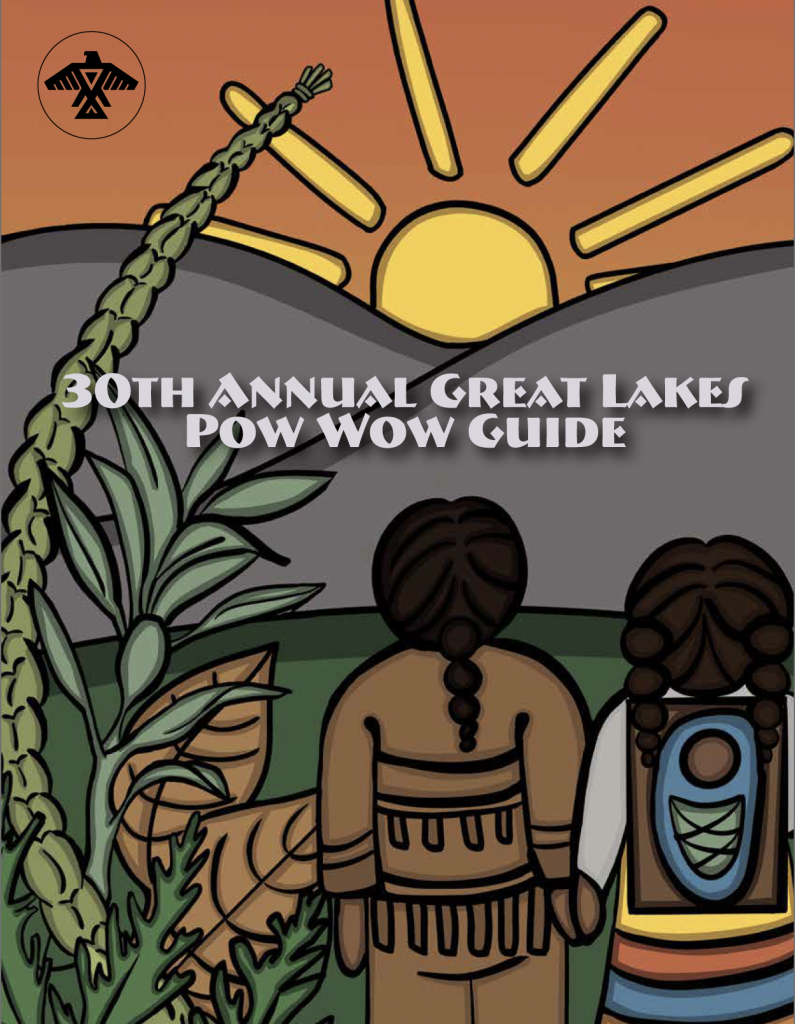Anishinabek Nation responds to the Auditor General’s Special Report on Ontario’s Greenbelt Development Plan
ANISHINABEK NATION HEAD OFFICE (August 18, 2023) – The Anishinabek Nation is disappointed in the recent findings that the Ontario government’s plan to encroach on the portions of the protected Greenbelt were found to be favourable to specific developers and contractors. Auditor General Bonnie Lysyk released a special report on August 1, 2023, highlighting a number of concerns with their proposed development plan, particularly that it favoured certain developers and landowners.
“It is disappointing the Ford government has not only been preferential to developers, but ignored the duty to consult with First Nations rights holders,” states Anishinabek Nation Grand Council Chief Reg Niganobe. “Large swaths of the Greenbelt span throughout Anishinabek territory. We are invested in the protection of these lands for the benefit of everyone in the Province of Ontario.”
Agricultural production is important to food security for everyone living in the province. Ensuring the protection of wetlands and keeping ecosystems in balance is at a critical point.
The Auditor General Bonnie Lysyk stated: “Provincial government actions in 2022 to open parts of the Greenbelt for development failed to consider environmental, agricultural and financial risks and impacts, proceeded with little input from experts or affected parties, and favoured certain developers/landowners.”
Further, the special report indicated a total of 15 land sites that were removed from the Greenbelt allocation, could see upwards of more than a $8.3 billion increase to the monetary value of their properties. In an alarming response to the report, Premier Ford stated last week that “no one received preferential treatment.” The Premier indicated his government would act on 14 of the 15 recommendations, disregarding the recommendation to re-evaluate the process of changing the Greenbelt’s boundaries.
“We have been adamant against any development within the Greenbelt,” says Southeast Regional Deputy Grand Council Chief JimBob Marsden. “It is short-sighted to provide advantageous opportunities to corporate relations at the cost of environmental protection in the face of climate change. The proposed development in the Duffins Grover Agricultural Preserve is close to Mississaugas of Scugog Island First Nation and has the great risk of disrupting the biodiversity of the area.”
The Mississaugas of Scugog Island First Nation recently released a statement calling for a formal reversal of the decision to amend the Greenbelt. “We appreciate the Auditor General’s thorough work and her emphasis on points that we have made repeatedly in previous months and years. However, without the Ford government changing their stance on the matter, the report will be nothing but a side note. The government must listen to the experts who say such a devastating action is not needed,” said Chief Kelly Larocca.
“This instance of inappropriately managing the Greenbelt highlights repeated oversight of our Traditional Ecological Knowledge systems. We believe this will lead to a broken relationship and potential legal challenges. Ontario’s approach must evolve, recognizing that meaningful engagement mandates First Nations’ involvement in these processes from the outset from design to finish. We can no longer be merely consulted after decisions are made and especially when incredibly sensitive wetlands and ecosystems are at stake,” says Grand Council Chief Niganobe. “The Anishinaabe principles, which are grounded in centuries of stewardship, is not just about recognizing land, but honouring and protecting it, ensuring that our air and waters remain clean. As we find ourselves in a rapidly changing world, now more than ever, it’s imperative that our decisions are collective, future-centric, and rooted in the profound responsibility we bear towards Mother Earth and our future generations. We urge the Ontario government to recognize this and act accordingly.”
Relevant Links:



